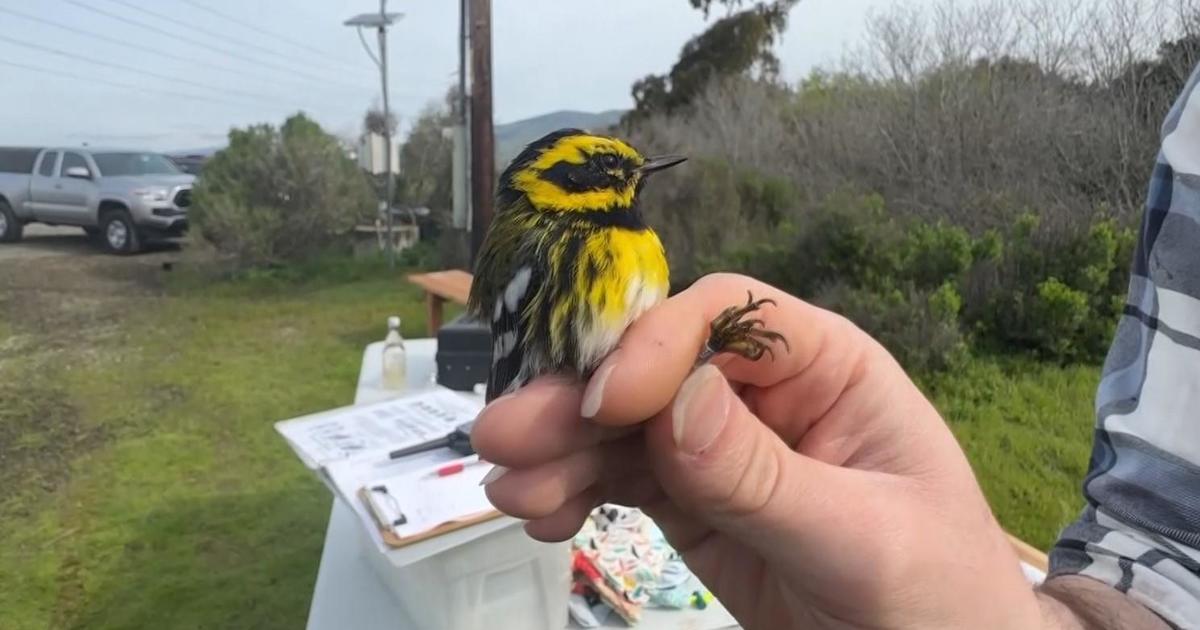Is Pet Insurance Worth The Cost? What To Know Before You Buy
SAN FRANCISCO (KPIX 5) -- Janie Havemeyer wasn't surprised when her Golden Retriever Coby hovered up a sidewalk snack during his daily walk. It's what happened later that left Havemeyer in disbelief.
Within a few hours of returning from his stroll Coby couldn't move or even lift his head. A trip to the emergency vet revealed the 5-year-old pup had ingested marijuana.
"That was a relief to us in some sense," said Havemeyer. "Because we knew he could recover."
It was a big shock for Havemeyer that was mixed with a kind of relief, the knowledge that she had pet insurance to help with Coby's $1,433 vet bill.
Coby has a Trupanion policy and premiums run about $50 a month or $600 a year. And after submitting her emergency vet bill, Havemeyer was reimbursed about $1,100.
But consumer advocates like Kevin Brasler from Checkbook.org caution pet owners about not expecting pet insurance to work like medical insurance.
For instance, pet insurance does not pay a bill upfront. It requires an owner to submit bills for reimbursement.
Also Brasler points out pet insurance policies generally don't cover preventive care, preexisting conditions or 100 percent of emergency care costs.
"You need to look at pet insurance as a really kind of a co-insurance, with you being the other party that is going to have to pay some costs," said Brasler.
But he adds while pet insurance isn't for everyone these types of policies can be a good investment for pet parents who are willing to shell out just about any dollar amount to treat their pet.
"I'm just not a risk taker," said Havemeyer. "For me it's just hedging my bets."
It's a bet that many pet owners make.
Pet insurance is a multi-million dollar industry. Consumer concerns of the past have led some insurers to change the way premiums and reimbursements are calculated.
Insurer Trupanion told KPIX 5 ConsumerWatch it calculates premiums based on what part of the country the pet owner lives. In other words, folks in big cities where pet care is more costly will most likely pay higher premiums compared to a pet owner living in an area where vet costs are lower.
Leaving the insurer with what Trupanion said is, "One plan, pays 90 percent of the vet bill for anything unexpected and has no financial limits."
But Trupanion also cautions that "there is no pet insurance in the world that covers preexisting conditions, so [owners] must buy it before things happen, when [their] pet is healthy."
And Brasler adds consumers should start by finding a low cost vet as a way to cut costs or more closely match what their insurer will pay with the vet bill.



